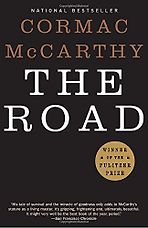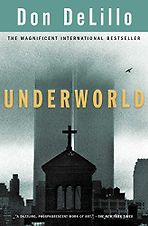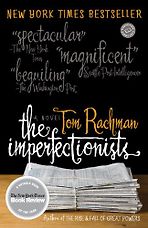Recommendations from our site
“I love going to these places, eating the food, smelling the air and talking to people on the ground, getting stories and information out of them that inspire a work of fiction. Judas 62 was unusual in that I couldn’t go to Voronezh to research the Russian parts because of the pandemic. I was relying completely on people who had been there or had lived there, or secondary sources, YouTube, Google Maps. But I did go to Dubai two or three times. Unlike most people, I really liked it. It’s a fascinating place. The other major change to spy fiction in the last 30 years—apart from Putin, al Qaeda and ISIS, Snowden and Assange—is technology. Judas 62 tries to show you how the world of spying has changed since the Cold War. In the 1993 section, Kite obviously has no access to mobile phones, to Wi-Fi, to satellites: he’s completely isolated in Russia and has to fend for himself. The Kite of 2020 in Dubai, on the other hand, is under 24-hour surveillance from CCTV and number plate recognition cameras. His phone, his credit cards, his search engine metadata give him away all the time. The mobile phone has totally changed not only intelligence work, but also storytelling.” Read more...
The Best Post-Soviet Spy Thrillers
Charles Cumming, Novelist











